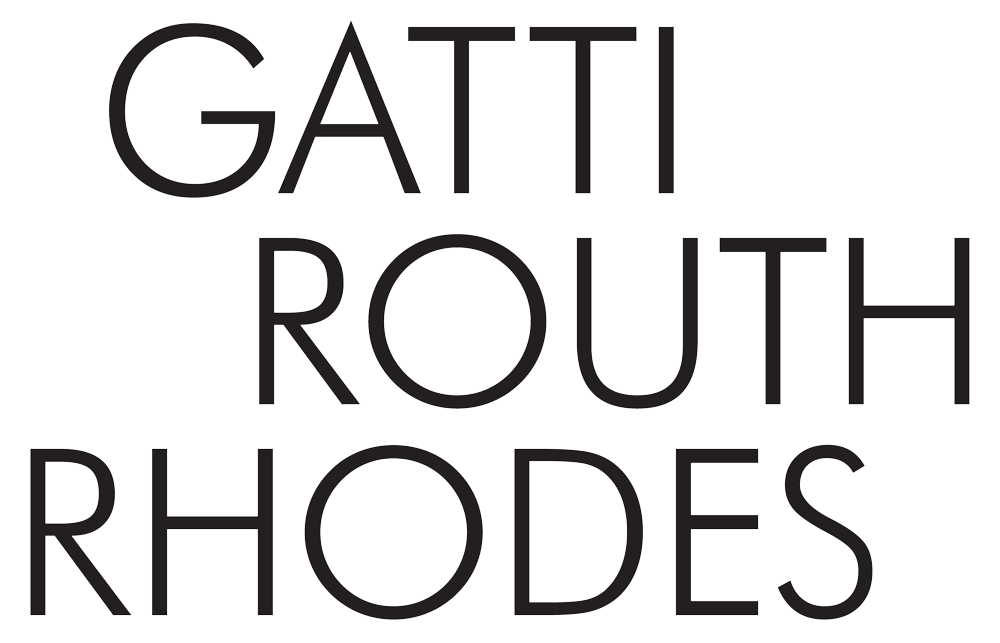This Is How We Talk When We Talk About Architecture
Read Richard’s original article on Building Design.
The writer and broadcaster Tom Dyckhoff recently started a furious Twitter debate by suggesting that architects speak in deliberately obfuscatory language.
The architecture practice / restaurateur Fourth Space’s contribution to the conversation is to invite everyone to their Venetian restaurant, Ombra in Hackney, add a few provocative thinkers from within and without the profession, throw in a free drink (a negroni, a mere 26% ABV) and see what happens.
The aim is to generate debate – to recreate the hustle and bustle of a salon. We’re encouraged to respect the speakers, but nonetheless to move around, to have conversation, to order more drinks. The speakers are sat in among us, at restaurant tables, and this format, together with the absence of visual material, makes it clear that this isn’t meant as a standard, “architect talks about their own work” type event, but rather something more inclusive, more interactive.
As an audience, though, we’re incapable of living up to this ideal of 1920s Parisian café culture: even primed and lubricated we sit still, quiet and polite, twisted in our seats to hear the speakers. They inevitably talk pretty much exclusively about their own work, so the result is a set of slightly disjointed presentations, rather than a debate. It’s a new format (to me, at least) – perhaps we’ll get better with practice.
The evening is filled with interesting observations – mainly from the compere, Roger Zogolovitch, who floats such notions as “cooking as recovered memory” or suggesting that taking a table in a restaurant is akin to taking a lease. This feels like a pretty good example of talking about architecture (or at least the architecture of eating, the subject of tonight’s event) in an engaging, relatable way, but crucially without dumbing down the topic.
As the presentations finish, the tables turn to hearty conversation. Our table is largely in agreement – a pity, as the evening would be enlivened by a good row – something I think Count Negroni (about whom little is known, and much debated) would heartily approve of.
